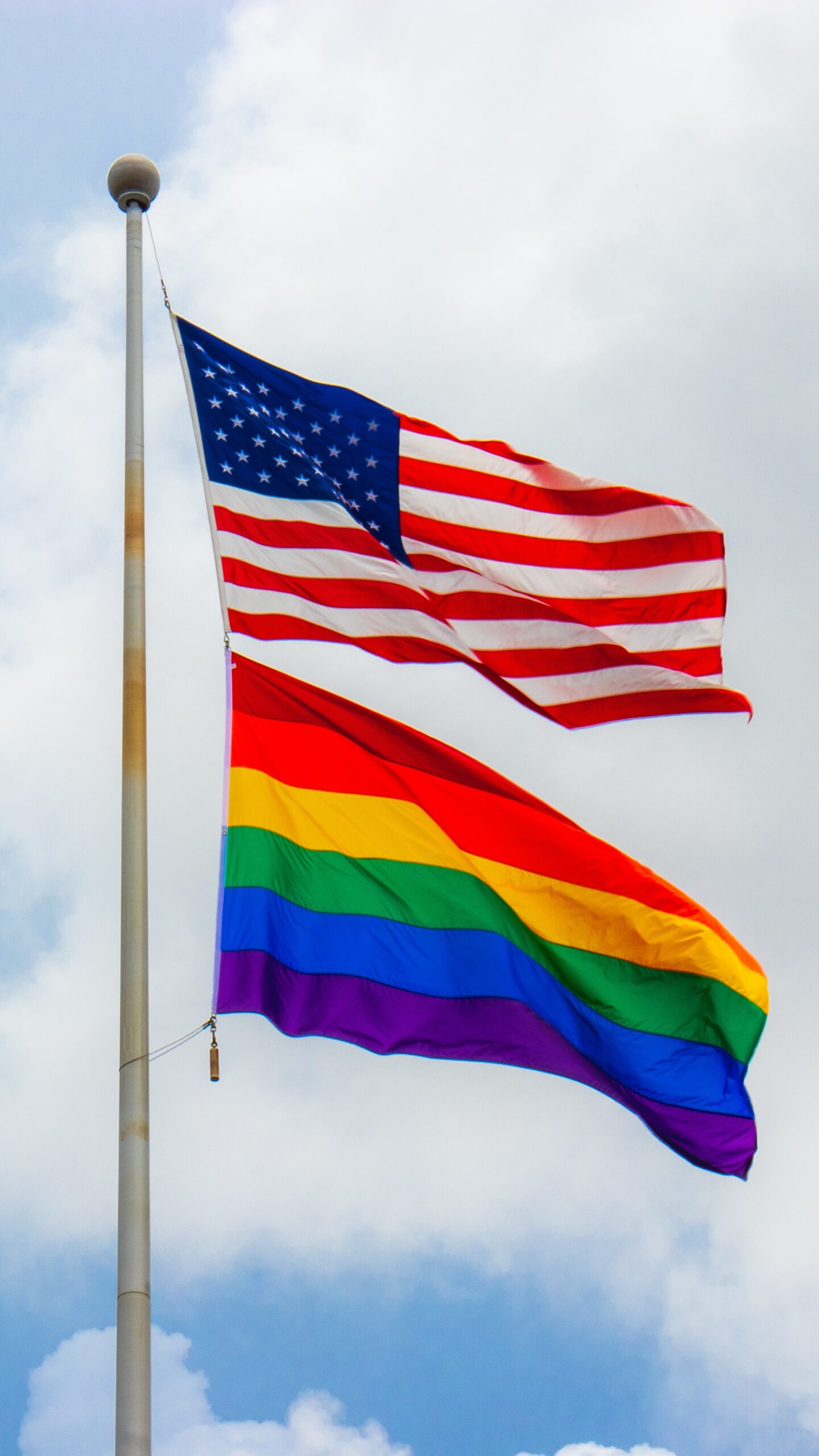Photo by Ussama Azam on Unsplash.
As I sat down to write this article on Friday afternoon, Arkansas Gov. Asa Hutchinson signed SB 289 into law. A sweeping piece of legislation, the Medical Ethics and Diversity Act allows any healthcare professional, provider or insurance company to deny healthcare services based on religious or moral objections. This has widespread implications for the LGBTQ+ community and beyond. Pharmacists can refuse to fill prescriptions for contraceptives. Transgender patients can be denied their hormone treatments while hospitalized. Psychologists and therapists can deny mental health services to LGBTQ+ youth, 48% of which have seriously considered suicide in the last year. Researchers can refuse to publish studies in which the results don’t align with their personal beliefs. The law is so broad that, as noted by State Senator Clarke Tucker, healthcare services could be denied to someone based on their political affiliation.
Though the consequences of the law are widespread, its target was rather narrow. This law aims to legalize discrimination against the LGBTQ+ community, especially transgender people. Though he opposed a similar bill in 2017, Arkansas Attorney General Greg Bledsoe told the House Public Health, Welfare and Labor Committee that “he didn’t feel like the legislation was needed four years ago. But he said there’s now more of a concern about physicians being forced to participate in sex reassignment procedures for transgender people.” Eric Reece, the Arkansas state manager for the Human Rights Campaign, called it “a blatantly discriminatory attempt to strip LGBT people of basic rights.”
As Max Brantley of the Arkansas Times points out, the Medical Ethics and Diversity Act is just the latest chapter in a long history of discrimination against queer and transgender people by the Arkansas state legislature. Current law allows anti-LGBTQ discrimination in employment, housing and public services. It also prohibits local civil rights ordinances, which Brantley explains is meant to “prevent cities from protecting LGBT people from discrimination.” Just this Thursday, the governor signed a bill that bars transgender women and girls from participating on women’s sports teams at school. Pending legislation includes a bill that subjects any school material that mentions sexuality or gender identity to a curriculum review, a bill that outlaws gender-affirming medical services, including counseling, to transgender youth and HB 1749, which states that “a public school employee shall address a public school student by only the name and sex designated on the public school student’s certificate of birth.”
Anti-transgender legislation is trending not just in Arkansas but across the country. The HRC reported this month that 2021 has had the highest number of anti-transgender bills in a given year, with over 80 bills being introduced in state legislatures. Furthermore, the ACLU has identified eight of those bills as regarding “religious exemptions in healthcare implicating LGBTQ people.” Arkansas’ SB 289 joins similar legislation in Kentucky, Montana, New Mexico, South Carolina and Texas.
As many have pointed out, there has never been a worse time to restrict healthcare access to the LGBTQ+ community. Speaking out against SB 289, HRC President Alphonso David stated, “In the midst of a devastating and ongoing COVID-19 pandemic, we should be expanding access to health care and making it more affordable, not advancing bills that make it harder for LGBTQ Arkansans to receive the care they need.” Furthermore, Stephanie Nichols of the Alliance Defending Freedom noted that “driving out doctors, nurses and other medical providers because of their faith means fewer healthcare options for patients at a time when our nation’s healthcare system is overstretched and experiencing a dire shortage of providers.”
On the other hand, SB 289’s supporters insist that the law only permits healthcare providers to refuse to perform certain services, not to treat certain groups of people. Gov. Hutchinson cited this as his primary reason for enacting the law, stating that he “support[s] this right of conscience so long as emergency care is exempted and conscience objection cannot be used to deny general health service to any class of people.” He argues that this specification makes the bill fundamentally different to its predecessor in 2017, which he vetoed. However, the difference between refusing a service and refusing a patient is simply semantic. As Brantley puts it, “The bill is meant to accomplish just what the 2017 bill was designed to accomplish, allow people to deny birth control bills, referrals for abortions and any sort of services required by LGBTQ people. Substituting ‘services’ in the bill just gives people a pretext, a distinction with little difference when it means denial of service or health coverage for things inextricably linked to people’s identities.”
This law puts queer lives in danger. Though it contains a clause that prevents healthcare providers from refusing emergency services, it still allows for patient transfers and the subsequent delay of life-saving treatment. Additionally, “emergency care” only refers to a limited number of services. Mental health services save LGBTQ+ lives. Gender-affirming care saves transgender lives. Contraceptives save the lives of people with gynecological conditions. PrEP saves lives. Antiretroviral drugs save lives. All these services and more can and will be denied to people because of this law.
When I began researching this story, I planned to write a piece about why bills like SB 289 are dangerous and shouldn’t be allowed to pass. Now, I feel like I have written an obituary for my community. This law is dangerous not just for the people of Arkansas, but for LGBTQ+ folks across the country. The Medical Ethics and Diversity Act sets a precedent for other state legislatures. Please speak out against these issues. Contact your local, state and federal representatives and urge them not to support anti-LGBTQ+ legislation. Queer lives are at stake.
Shannon Montgomery is a fourth-year English major with minors in Creative Writing and Women’s & Gender Studies. SM916394@WCUPA.edu

